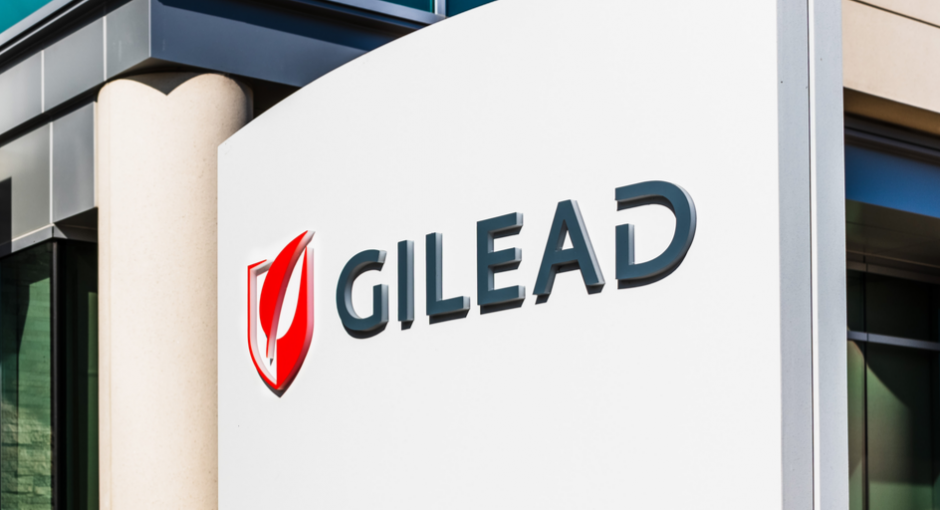Gilead late yesterday imposed conditions on 340B pricing on its branded hepatitis C treatments when covered entities use contract pharmacies. It is the 15th manufacturer to place restrictions on its 340B contract pharmacy program.
The policy, which applies to hospital and grantee entities, comes in the same week that entities became aware of an apparent change in Gilead’s HIV drug reimbursement practices that is giving contract pharmacies second thoughts on whether they want to continue to partner with 340B providers.
Hospitals and grantees last night reported receiving a March 15 letter by email stating that starting May 2, 340B covered entities will have to provide claims level data for Gilead’s branded hepatitis C products to be able to continue to be eligible for bill to / ship to orders for multiple contract pharmacies. “Covered entities that decide not to participate in this integrity program, and do not have an in-house pharmacy, will have the option to select a single contract pharmacy location,” the letter says. The policy does not apply to contract pharmacies that are wholly owned by a covered entity or health system.
The affected products are Epclusa, Harvoni, Sovaldi, and Vosevi. Authorized generics of Epclusa (sofosbuvir / velpatasvir) and Harvoni (ledipasvir / sofosbuvir) sold by Gilead subsidiary Asegua Therapeutics are excluded.
Grantee Entities Included
Several manufacturers with similar 340B contract pharmacy policies have exempted grantee covered entities. Gilead’s does not.
“We are making this change across our branded hepatitis C products because of the acute impact of duplicate discounts and diversion,” the letter said.
“Over time, Gilead has seen duplicate discounts and diversion of our medicines distributed through contract pharmacies occurring with increased frequency,” it continued. “This means that multiple discounts have been improperly applied to the same single bottle of Gilead medicine, and/or that discounts are being claimed on bottles dispensed to individuals who are not patients of a 340B covered entity. Sharing of claims level data with manufacturers is a necessary step toward achieving greater transparency in the 340B program and will help Gilead address duplicate discounts and diversion while also bolstering the integrity and sustainability of the program.”
Gilead is using 340B ESP as its contract pharmacy claims submission and verification contractor.
Gilead’s decision to impose conditions on 340B pricing on its widely used hepatitis C products likely will increase pressure on policy makers to do something about the nearly two-year-old fight over 340B contract pharmacy. AbbVie’s 340B contract pharmacy restrictions apply to its hepatitis C treatment Mavyret. Merck’s HCV drug Zepatier appears to apply to that company’s restrictions, which cover all its non-physician-administered drugs. Taken together, this indicates that all first-line antiviral treatments for hepatitis C now have manufacturer conditions on 340B pricing.
Second 340B Issue to Emerge This Week
Gilead’s new policy on 340B pricing for its HCV drugs is the second controversy to emerge this week involving the company, the 340B program, and contract pharmacies.
Multiple consultants to 340B providers this week reported an unexpected twist in Gilead’s new reimbursement policy for HIV medicines that low-income, uninsured, and/or underinsured patients can get for free under Gilead’s Advancing Access patient and medication assistance program (PAP/MAP).
Consultants say the issue revolves around language in a Gilead website about the reimbursement changes that says the company “will reimburse a pharmacy dispensing free product in the amount paid for each bottle plus a fair market value dispensing fee and administrative fee.”
340B providers are reporting to their consultants that, if a pharmacy is registered as a 340B contract pharmacy, it is being reimbursed for Gilead HIV drugs at the drug’s 340B acquisition cost, no matter how the claim was submitted. Contract pharmacies are complaining to their covered entity partners they are getting reimbursed at the 340B rate for drugs for which they expected to be reimbursed at a much higher retail reimbursement rate. Some now want to cease being 340B contract pharmacies as a result, which would have financial implications for the covered entity far beyond the issue with Gilead HIV medications.


